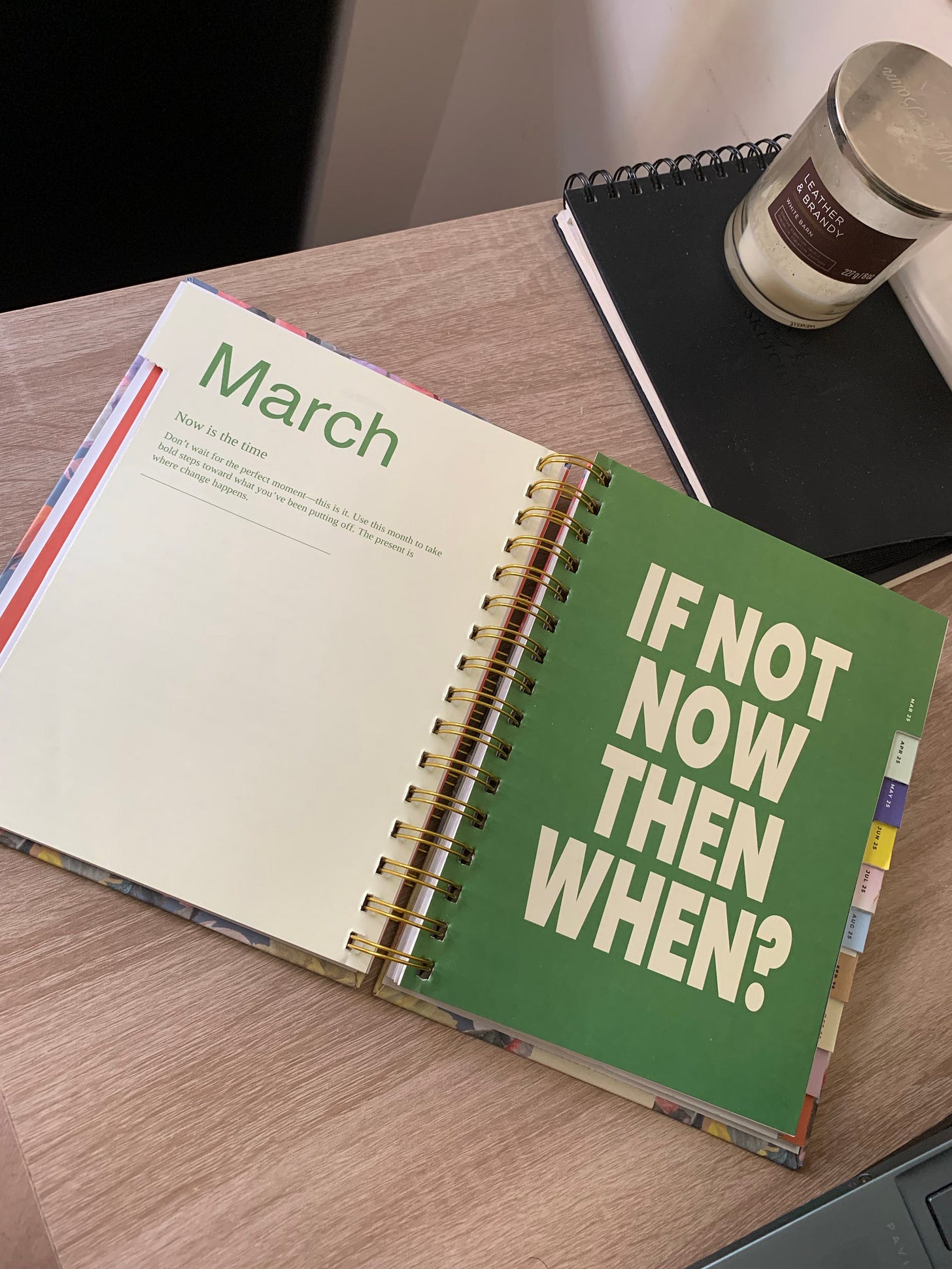What if your procrastination isn’t the problem, but a response to fear of failure?
It’s not laziness. It’s self-protection disguised as delay.
Laptop open, cursor blinking, that important thing sitting there like an accusation. So you make another cup of tea. Reorganise your desktop. Refresh your inbox for the seventh time because surely there’s something urgent that needs answering right now.
Three hours later, you’ve accomplished everything except the thing that matters.
We have a story we tell ourselves about this. We’re disorganised. Lazy. Poor time managers. We need better systems, stricter schedules, more accountability. We download apps, buy planners, join productivity courses. Anything to fix this character flaw that keeps sabotaging our progress.
But what if procrastination isn’t a character flaw at all?
What if it’s your nervous system doing exactly what it’s designed to do – protect you from perceived threat?
The real function of delay
Your brain doesn’t distinguish between a sabre-tooth tiger and a business proposal that might get rejected. Threat is threat. And when your nervous system detects danger, it has three options: fight, flight, or freeze.
Procrastination is freeze, dressed up as productivity.
Those endless lists you make? That’s your brain creating the illusion of progress while keeping you safely away from the thing that might expose you to failure. The busywork isn’t laziness – it’s elaborate avoidance dressed up as being responsible.
You’re not broken. You’re just scared.
Here’s what your brain knows that you pretend not to: failure isn’t just about not getting what you want. Failure is about what it confirms about who you are.
If the proposal gets rejected, you’re not just someone whose idea didn’t work out. You’re someone who had a stupid idea. If the project fails, you’re not just someone who tried something that didn’t succeed. You’re someone who doesn’t have what it takes.
If you don’t try, you get to stay in the comfortable space of potential. You could be brilliant – you just haven’t had the chance to prove it yet. Potential is safe. Reality is risky.
Your procrastination isn’t keeping you from success. It’s keeping you from finding out whether you’re as capable as you hope you are.
Notice how procrastination never stops you from doing things you’re confident about. You don’t delay replying to messages from friends. You don’t procrastinate making dinner or watching Netflix.
You only procrastinate the things that matter. The things that would change something if they went well. The things that would hurt if they went badly.
Your nervous system has calculated that the cost of staying stuck is lower than the cost of potentially failing. It would rather keep you small and safe than risk exposing you to evidence that you’re not as good as you think you are.
This is why all the productivity systems in the world won’t fix procrastination. You’re not trying to solve an organisation problem. You’re trying to negotiate with a protection system that thinks it’s keeping you alive.
The next time you find yourself staring at the cursor, making tea instead of making progress, try asking yourself a different question.
Not “Why am I so disorganised?” or “What’s wrong with my time management?”
But “What am I protecting myself from finding out?”
What does your brain think failure will cost you? Your sense of worth? Your belonging with people you admire? Your right to take up space? Your permission to try again?
Because until you know what you’re really protecting, no productivity system will save you from the elaborate dance of almost-but-not-quite-doing-the-thing.
Your procrastination isn’t the problem. It’s the symptom.
This is exactly the type of thread we pull in mentoring – the real cause behind the symptom. Because you can’t strategise your way out of a nervous system response.
If you enjoyed this post please give it a like, it helps me know that it resonated (and the Substack gods show it to more people). Thanks ♡






“You only procrastinate the things that matter.” 💡 So well written. Full of lightbulb moments. Thanks for sharing this!